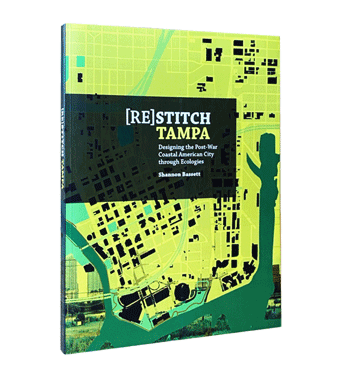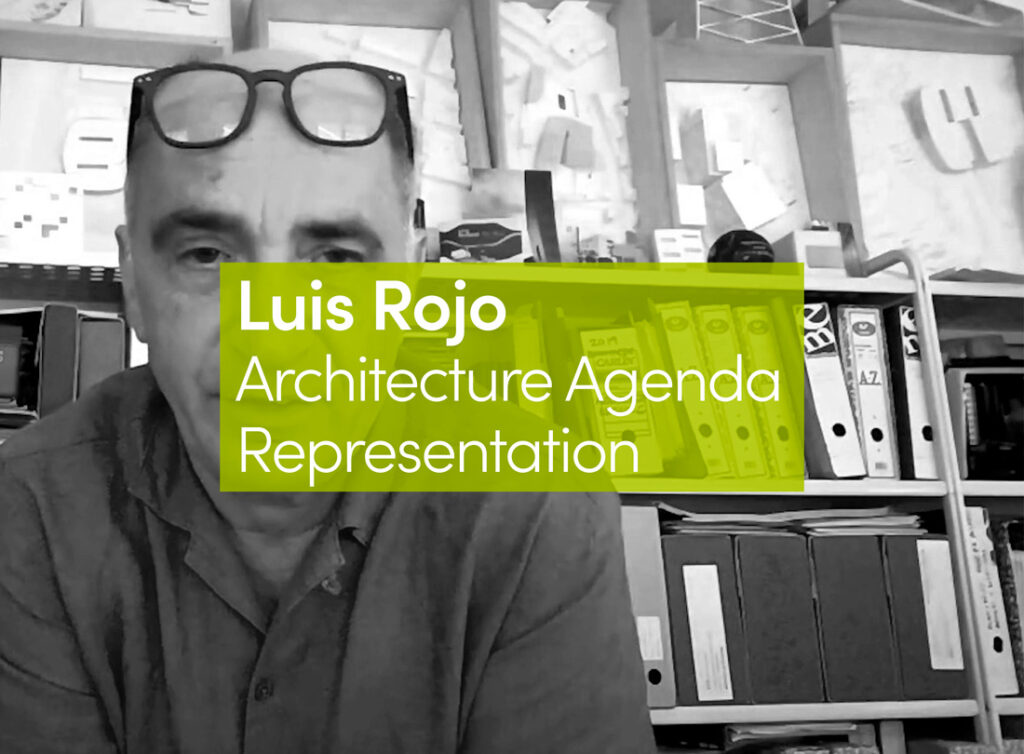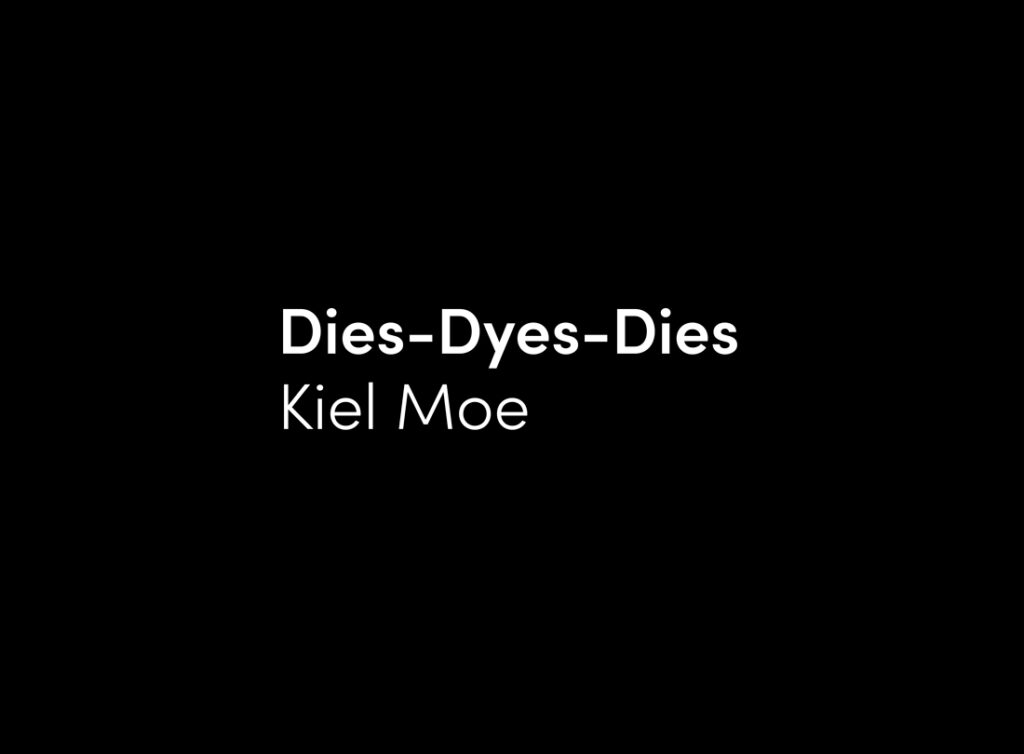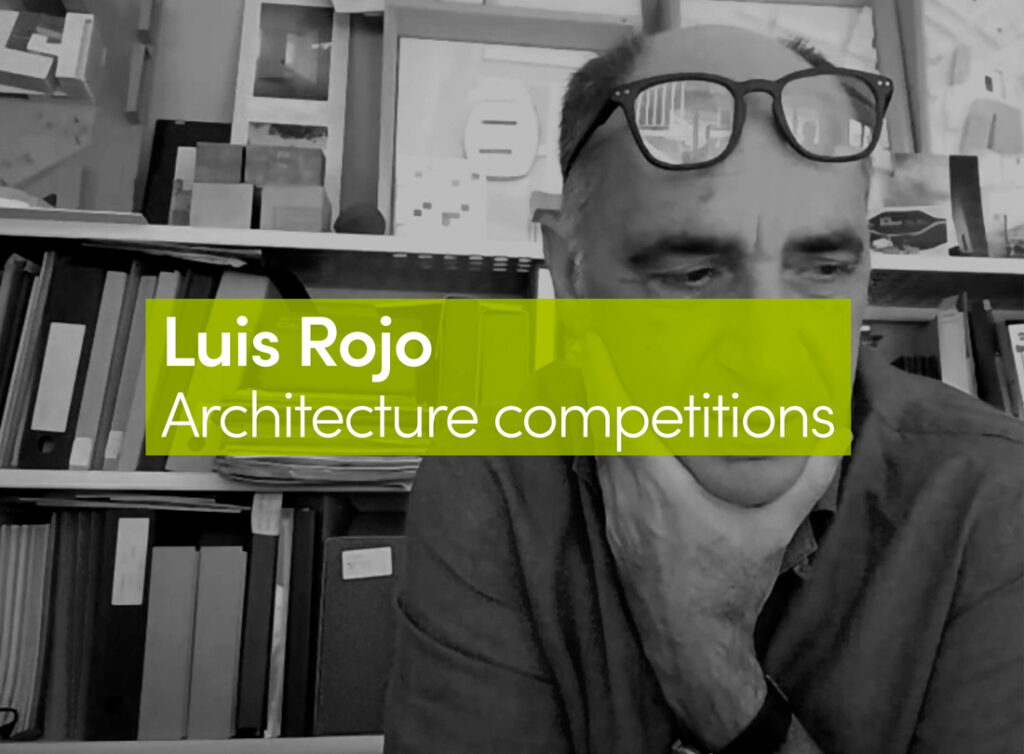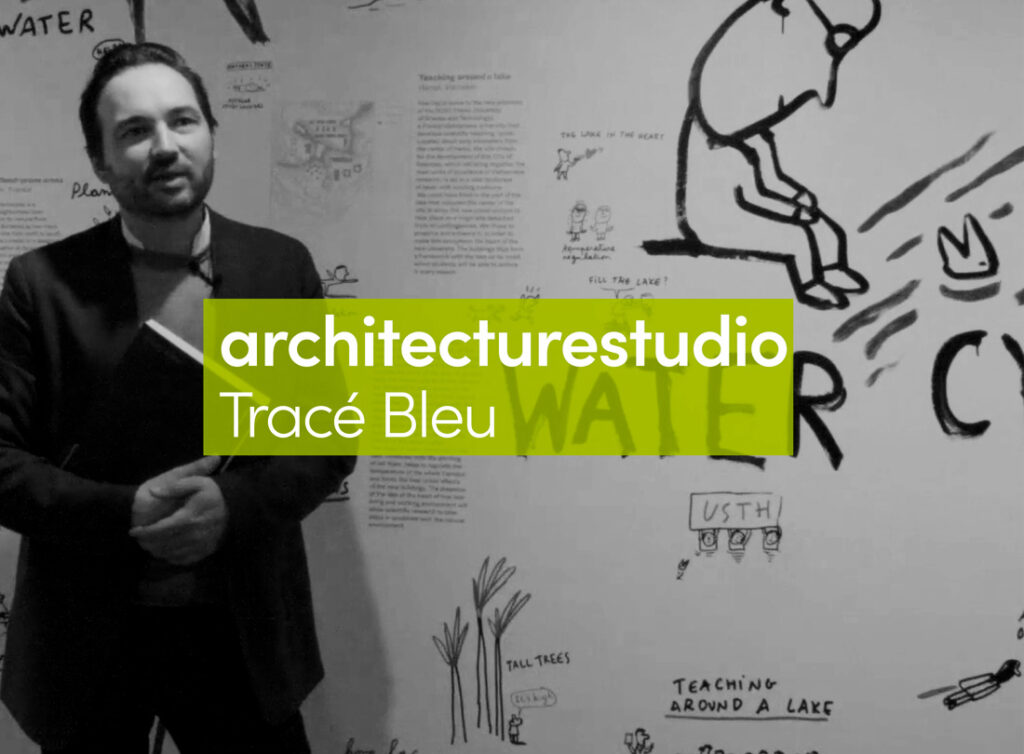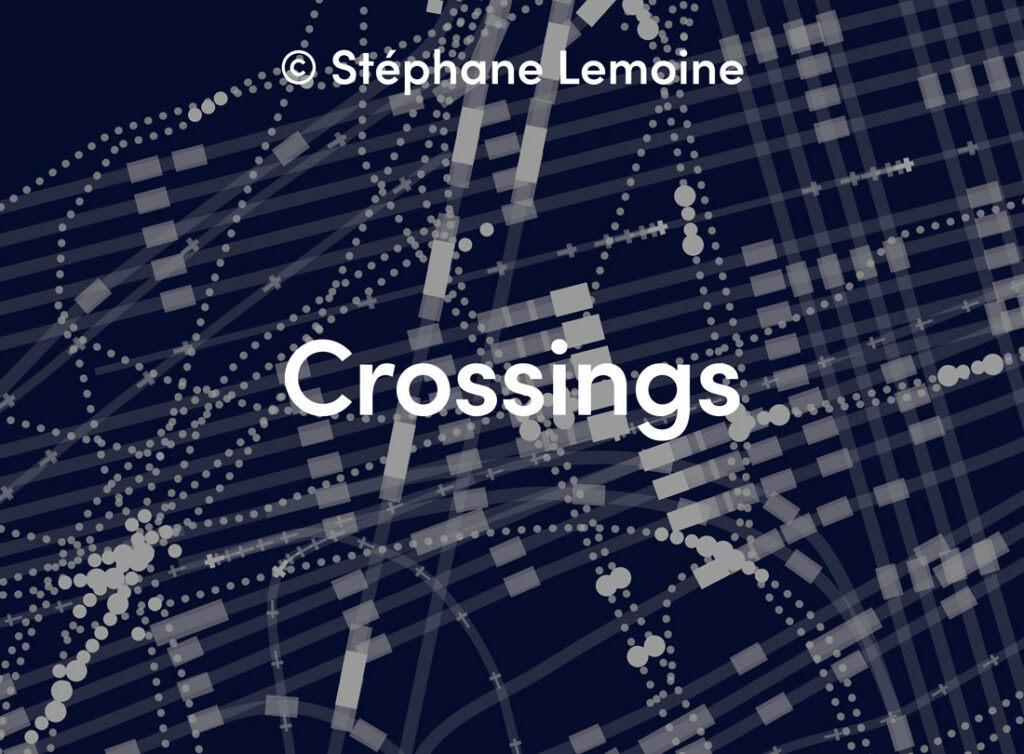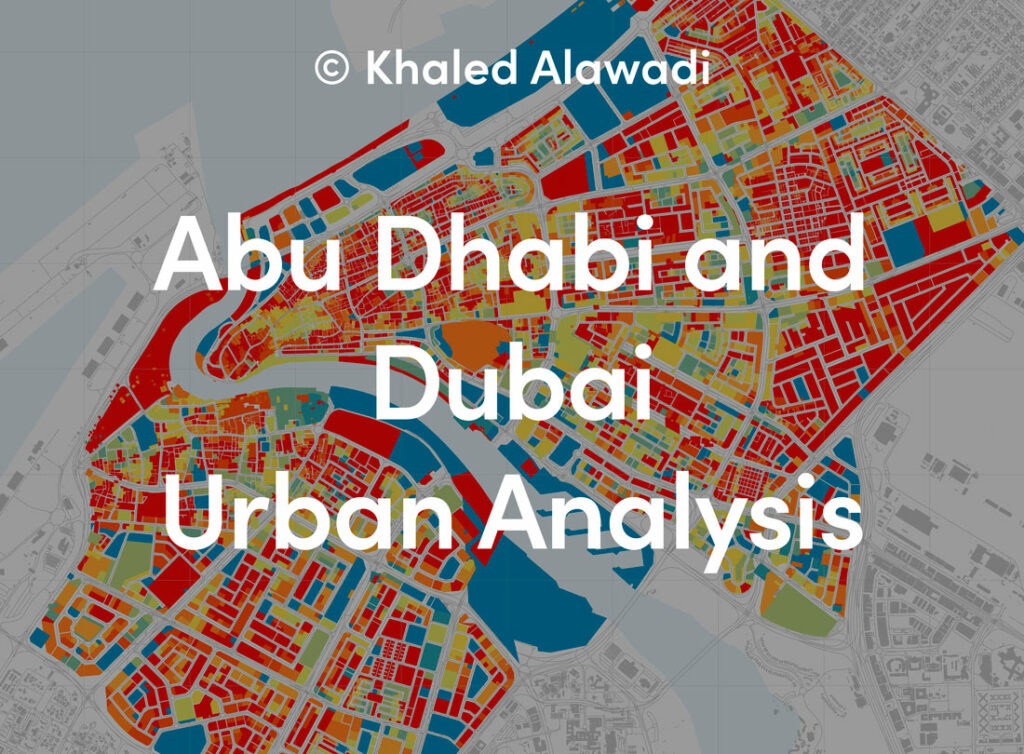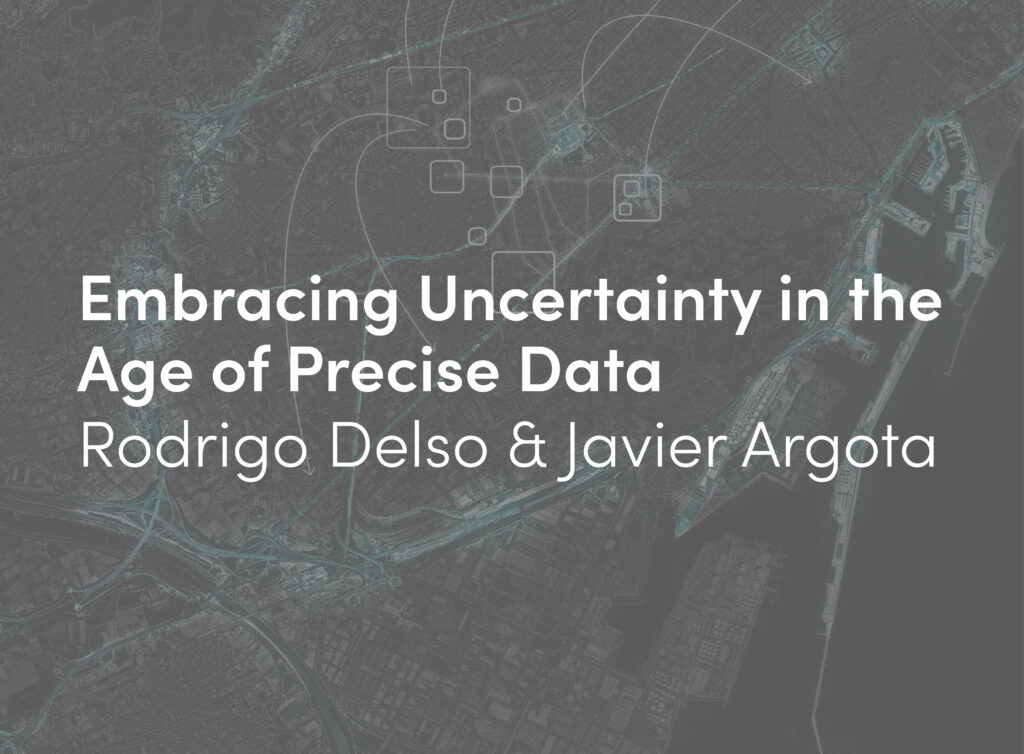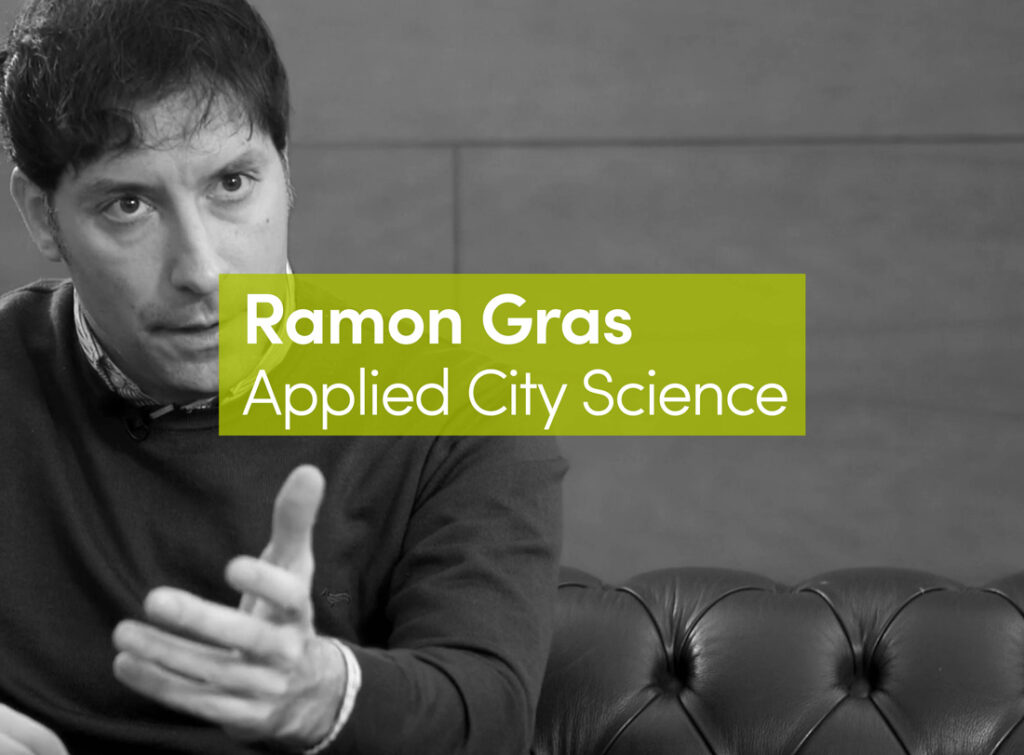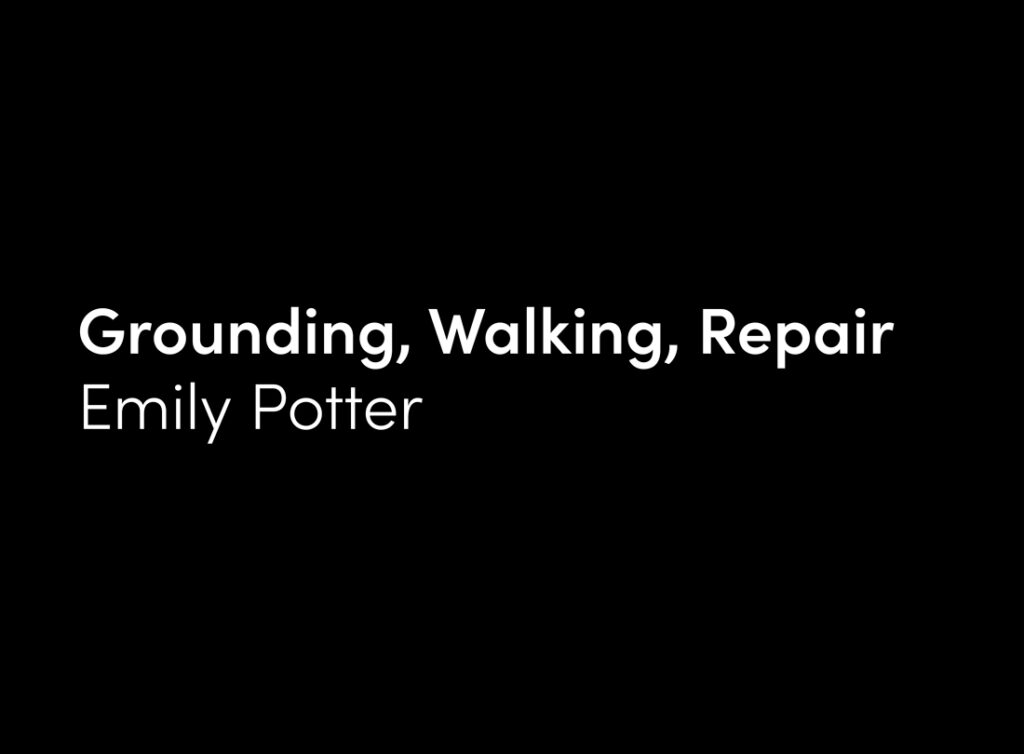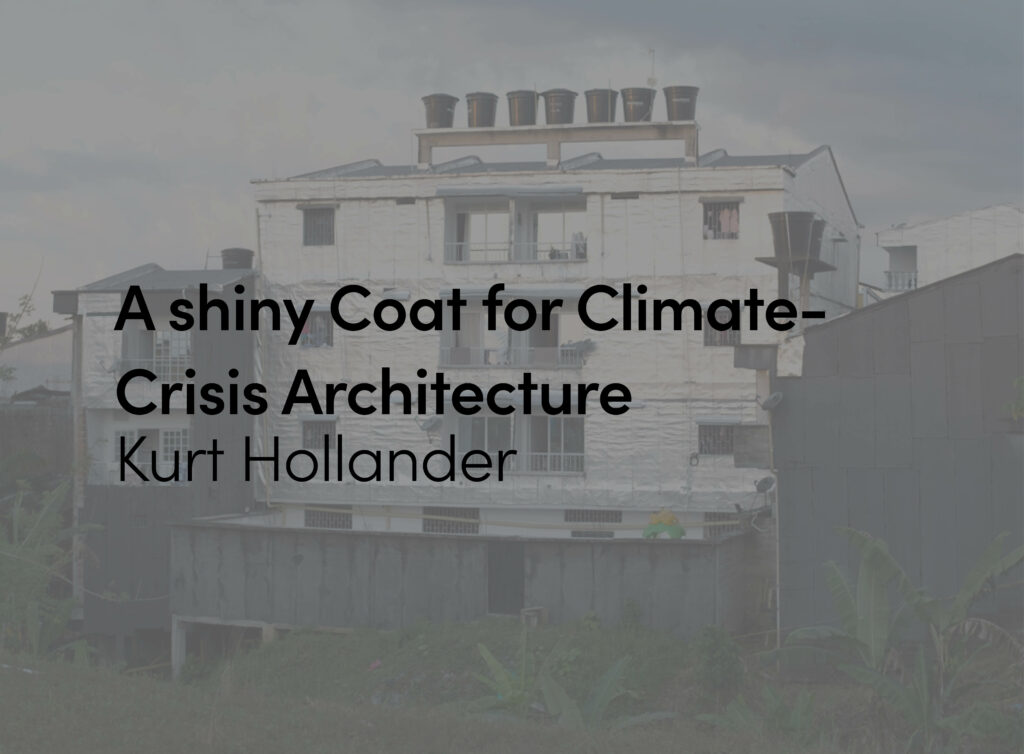“In the fusion of place and soul, the soul is as much of a container of place as place is a container of soul, and both are susceptible to the same forces of destruction.”[1] Robert Pogue Harrison
City as a Mental Instrument
We tend to think of cities merely as material and utilitarian structures. Yet, the city, even more than the house, is also an instrument of existential and metaphysical significance, an intricate device that structures hierarchy and action, mobility and exchange, societal organization and cultural symbolization, identity and memory. Undoubtedly, the most significant and complex of human artifacts, it controls and entices, symbolizes and represents, expresses and conceals. Cities and settlements are the most significant witnesses of the course of cultural evolution. Human settlements are inhabited excavations of the archeology of culture, and they expose the dense fabric of societal and individual life, both past and present. A city always contains more than can be described. It is an endless generator of images and experiences, situations and encounters, harmonies and discords. Simultaneously a maze of clarity and opacity, the city exhausts the capacity of human description and imagination: disorder plays against order, accidental against the regular, and surprise against the anticipated. Activities and functions interpenetrate and rub against each other creating contradictions, paradoxes, and an excitement of an erotic nature.
In Invisible Cities, Italo Calvino describes the mental peculiarities of over fifty imaginary cities, and expands thus essentially the number of cities known by geographers. For him, the city is a memory device, similar to the secret devices of the great orators of Antiquity, who placed the various parts of their speech in spaces and places of an imagined building, to be retrieved and re-membered in proper order when delivering the speech. Calvino describes the City of Zora, “a city that no one, having seen it, can forget”: “This city which cannot be expunged from the mind is like an armature, a honeycomb in whose cells each of us can place the things he wants to remember: names of famous men, virtues, numbers, vegetable and mineral classifications, dates of battles, constellations, parts of speech. Between each idea and each point of the itinerary an affinity or a contrast can be established, serving as an immediate aid to memory. So the world’s most learned men are those who have memorized Zora.”[2]
Also real places and cities concretize and reinforce our recollection of events and persons. We live in cities of the mind that are real and fictional, objective and of our own imaginative making, at the same time.
The City of the Eye
The contemporary city is the city of the eye. Rapid mechanized movement detaches us from a bodily and intimate contact with urban space. As the city of the gaze passivates the body and the other senses, the alienation of the body further reinforces the role of vision. The passivation of the body gives rise to a condition that is similar to the dulled consciousness induced by television; we turn from active participants into passive onlookers and bodiless spectators.
Cartesian and perspectival, the modern city has gradually eliminated the specificity of place and detached verticality from horizontality. Instead of joining seamlessly to give rise to a plasticity and unity of the landscape, these two dimensions have become separate projections; the plan has been detached from the section. Also the structure of the city is detached from real patterns of spontaneous behavior, movement, and life. The modern visual city leaves us as outsiders, voyeuristic spectators and momentary visitors, incapable of true participation and identification.
Visual alienation has been further reinforced by the inventions of photography and the printed image, which have created an ever-expanding Sargasso Sea of images. The camera has become the prime instrument of tourism. “The omnipresence of photographs has an incalculable effect on our ethical sensibility,” writes Susan Sontag, describing a “mentality that looks at the world as a set of potential photographs.”[3] As a consequence, “[R]eality has come to seem more and more like what we are shown by cameras”, she observes, and assumes that “taking photographs has set up a chronic voyeuristic relation to the world which levels the meaning of all events.”[4] Indeed, we can easily catch ourselves looking at a scene unconsciously framed as a photographic image; the tourist’s city is a collection of pre-selected visual pictures instead of lived embodied experiences.
The increasing use of mirrored glass, surfaces that return our gaze back to us without affect or knowledge of life behind the surreal surfaces, contributes to the experience of superficial flatness, as opposed to that of depth, opacity and mystery. Today’s city of transparency and reflection has lost its materiality, depth, and shadow. We need secrecy and shadow as urgently as we desire to see and to know; the visible and the invisible, the known and what is beyond knowledge, have to obtain a balance. Our consciousness as well as neural and perceptual systems are actively searching mechanisms, which become frustrated by only perceiving the self-evident. Opacity and secrecy feed imagination and make one imagine life behind the city’s surfaces and walls. The obsessively functionalized city of the age of rationality has turned too readily legible, too evident, leaving no opportunity for mystery, fantasy and dreaming. As the city loses its haptic intimacy, secrecy and invitation, it loses its sensuality, erotic charge and invitation.
The Haptic City
The haptic city welcomes us as citizens, fully authorized to participate in its daily life. It creates a sense of intimacy and belonging, evoking our sense of empathy and engaging our emotions.
The experience of the pleasurable city is not a visual image, but an embodied percept based on a peculiar double fusion: we inhabit the city, and the city dwells in us. When entering a new city, we immediately begin to accommodate ourselves in its structures and cavities, and the city begins to inhabit us. As the French poet Noël Arnaud suggests: “I am the space, where I am”.[5] All the cities that we have ever visited have become part of our identity and consciousness.
